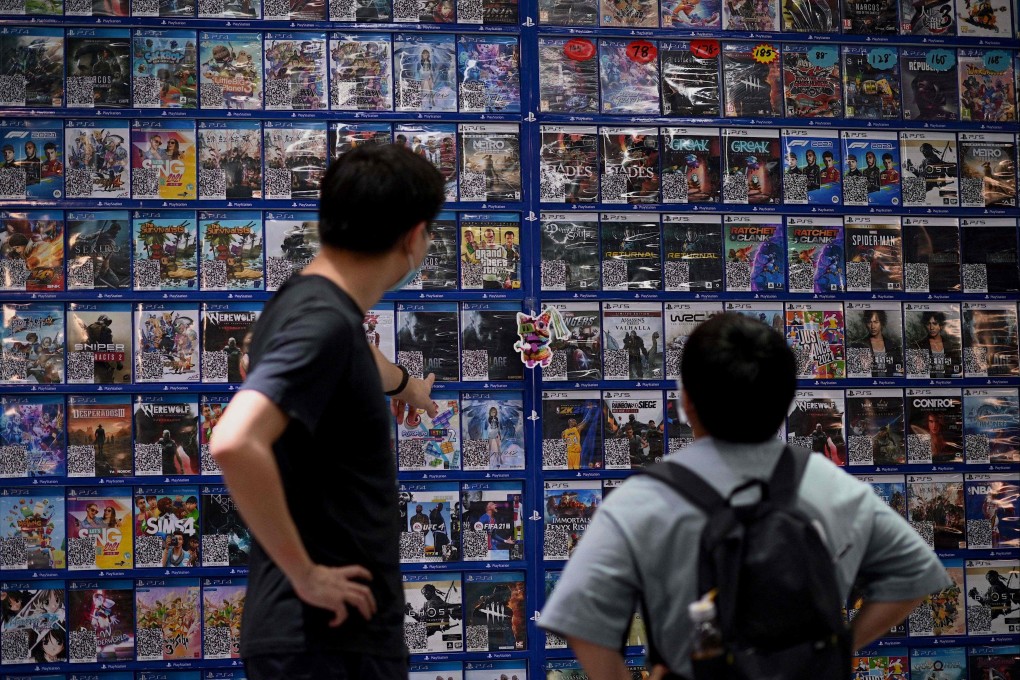Letters | China’s gaming crackdown vs South Korea’s easing off: which approach works?
- Readers discuss China’s new limit on gaming time, the connection between the pandemic and myopia, and poor uptake of Hong Kong’s mainland retirement schemes

Online gamers aged under 18 will only be allowed to play an hour on Fridays, Saturdays, Sundays and public holidays. This is certain to have an impact on China’s video game and esports industry. Those who spent money on these games are likely to feel that their money has been wasted because, under the new rules, they would only be able to play for three hours a week.
The most affected age group would be those around 16 and not younger children. It is older teenagers who tend to play video games on the weekend, because they usually have too much homework in the week to be allowed much leisure time.
Even if facial recognition is installed to enforce the new rules, this will not be effective, unless facial recognition is conducted every half hour or so. Younger children may simply ask their parents to log in for them. Again, it is the older children, who would be too embarrassed to do this, who will feel the brunt of the new rules.
Meanwhile, on August 25, South Korea’s government announced it would abolish the country’s controversial gaming “shutdown law”, which banned children under the age of 16 from playing online games between midnight and 6am.